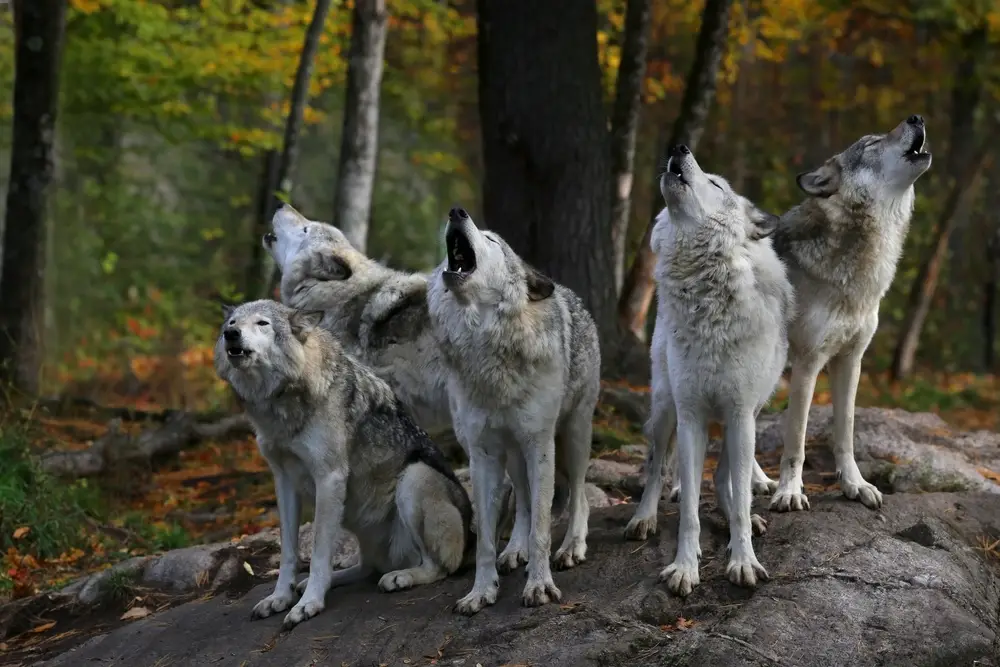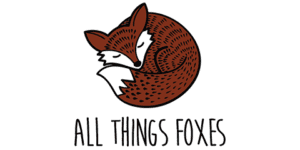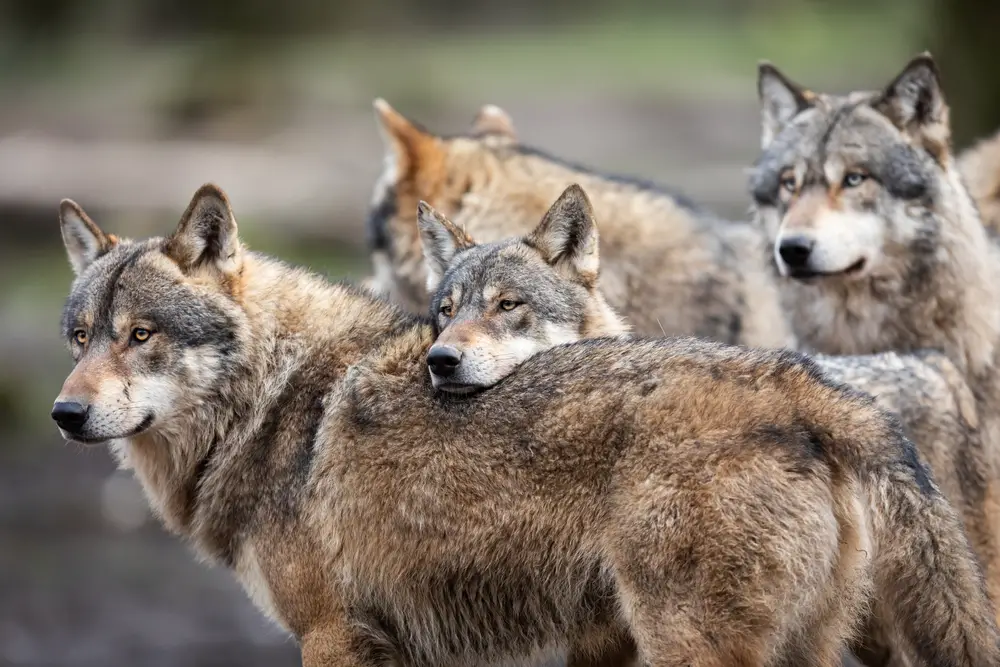When we consider the many animals that share the earth with us, we know that they all must all mate. But, how many of these animals that share our world mate for life?
Albatross mate for life, even if their mate dies. Swans mate for life, and can die from grief if their mate dies.
Lions do not mate for life, although a male will stick around to guard the pride, he mates with many lionesses and not just one. Hedgehogs do not mate for life, once the female has been impregnated he leaves to go about his day.
What about wolves? Wolves are presumed to mate for life, but do they? Let’s answer this question for you. You might be shocked to find the truth.
Myths Vs the truth
Do wolves mate for life? No. They don’t, the idea that they do is a long-held myth that can be easily torn apart simply by looking at the behavior of a pack of wolves.
If a partner dies early from hunting, or from being attacked, the surviving partner will go off to find another suitable mate.
The myth that wolves mate for life is just that, a myth. In the real world they do not, some wolf packs may have alphas who will display mate-for-life behavior, but if one dies, the other can move on very quickly in most circumstances, although it can be a little different in captivity vs in the wild.
Do Wolves mate for life?
Do wolves mate for life? No, however, Alphas are known to be very affectionate toward their mates, especially after mating they can remain close and affectionate towards each other.

They do form emotional attachments much like we do, although their relationships are not always set in stone.
Prior to mating, there will be one female and one male alpha in a pack, only these are allowed to mate. They will only have one litter of pups a year traditionally, and this will usually be between January and March.
It is for this reason that it is not uncommon for mature wolves to up and leave their pack in order to start a new one, or find a new pack. Most will do this in the hope of being an alpha and therefore able to mate.
Before they mate the alphas will need to bond, this happens by sleeping together, nuzzling, and being close to one another physically. They may also groom each other, bump noses, and whine quietly.
When the female is ready to mate, she will release sex hormones into the air so that her mate knows, the hormones will not actually happen until copulation happens though. If the male does attempt to mate his female before the time is correct, this will result in snaps and growls from his lady.
After mating, these two will remain affectionate and continue to mate for years to come. This is why many believe that wolves mate for life. They sometimes can, however many factors can prevent this, such as premature death in one of the partners.
It is also possible that a male can have more than one litter, as he may mate another female. This will happen if the female is not aggressive enough to dominate the subordinate females.
Subordinate males can also try to mate, but they will often be chased out of the pack by the alpha male in these circumstances.
When do wolves mate?
During the time of mating which is usually January to March, the Alpha pair are believed to move away from the pack, this is to avoid any interruptions from other pack members. During mating season, only the alpha pair may mate. This keeps the population in the pack under control.
The alphas are usually dominant and have dominant qualities, but it does not mean that they control the pack or are more qualified, intelligent, or capable than the other wolves.
Thinking about the Alpha pair
The Alpha wolves are made up of a male and female who have the right confidence and leadership qualities. They have a fearless attitude to lead and guide the pack, and they must be aggressive enough to maintain their dominance.
If a female is not dominant enough, her male may mate with other females. If the male is not dominant enough, other males may mate too. This disrupts the hierarchy of the pack.
This dominance is why the alphas are the only ones that breed. This is why in captive wolf packs, the alphas are known as ‘the breeding pair’. The fact that the alphas will often mate for many years is why we think they mate for life.
There are controversies here, though. It is believed that in some wolf packs, the beta pair will also mate too. In even rarer cases, pairs outside of the alphas pair may mate too.
In the hierarchy of a wolf pack you have the alpha pair at the top, these are the breeding pair who ‘mate for life’, beneath them is the beta pair who should not mate, but they mate occasionally do this, and if they do, they might in some cases also ‘mate for life’.
Any other pairs that are formed should be prevented by the alpha pair, however, if not they may breed and may rarely mate for life too. However, this does go against the dynamics of a wolf pack and if this does happen then it is at the fault of the alphas.
The whole ‘mating for life’ notion in the natural world is unlike how it is in the human world. There are no emotions usually tied, although the pairs can be affectionate.
The reason for this behavior is usually directly related to paternal care. Having a good paternal upbringing bodes well for the mental stability and healthy growth of their pups.
This proves that it is not only in humans that paternal care and healthy upbringings are considered important. Wolves mating for life in some cases to provide stability for their young proves that it really does matter.


